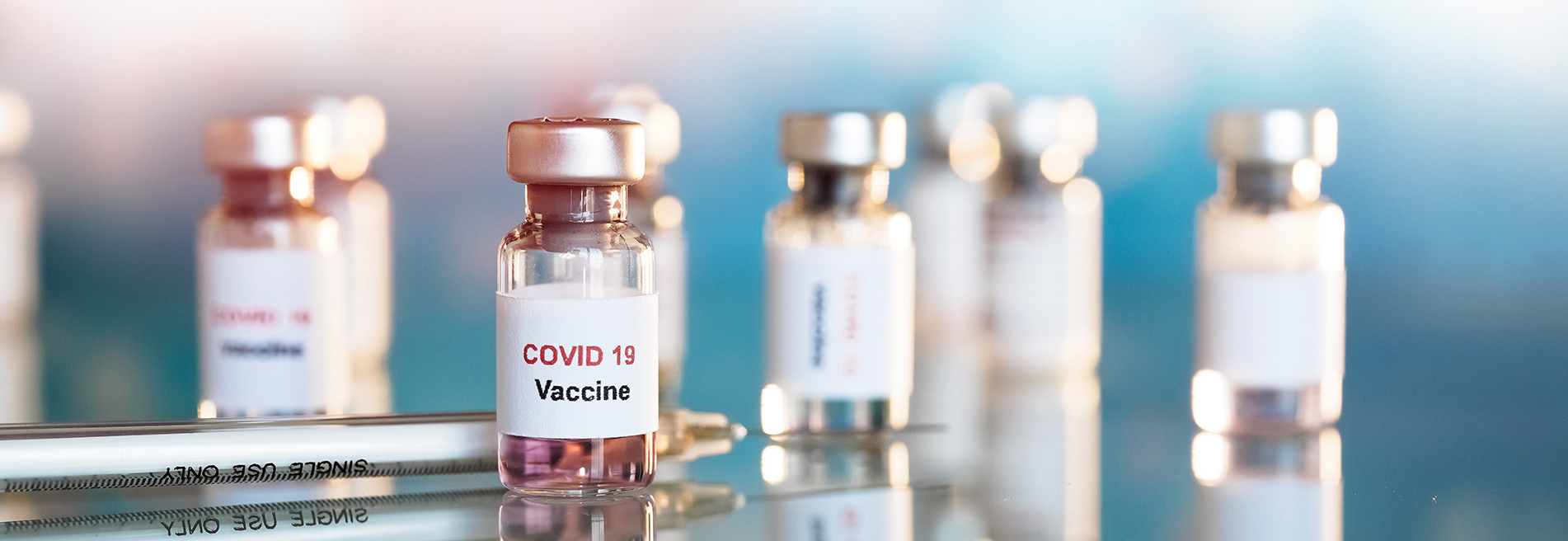A meeting with Diane Abad-Vergara in her French home near the Swiss border feels like any meeting taking place anywhere, anytime during 2020: Zooming into her mezzanine office, this is what it looks like to be working at the World Health Organization’s communications centre during a global pandemic.
Her desk at WHO’s Geneva headquarters has been largely unoccupied since last March, as Diane balances family life with developing communication strategies and tools to translate into multiple languages and disseminate around the globe.
“Most people are working from home, apart from a few occasions (when we’re required in the office) like emergency responses and press conferences.” The AUT alumna and WHO Communications Officer since 2017 says she and her colleagues have long been planning for a global pandemic. “It’s not a surprise but it’s really changed everyone’s world. A huge amount of work goes into pandemic preparedness and WHO had been warning for years that (the world is) unprepared.”
Now that COVID-19 is here, Diane presents a composed figure – she’s simply getting on with the job she’s been preparing for all her life.
“Having information that’s timely and really understandable – especially when we’re putting so much information out via social media and in partnership with digital platforms – is so important.”

“It’s vital work that we’re doing from a communications perspective, and that really energises us.” Drawn to stories of international humanitarian struggles since childhood, Diane was driven to work for the United Nations. To fulfil her dream, she needed a master’s degree, and was attracted to AUT’s Master of Communication Studies which allowed for the production of a documentary, rather than a written thesis.
“I chose that practical option, there was guidance, but I had to find my own solutions and funding, be resourceful and make it work.” Her thesis, Living with Coffee, was a documentary about fair trade coffee which screened throughout Colombia and in the 2009 New Zealand Human Rights Film Festival.
Since then, Diane’s career has seen her in journalism and communication roles in not-for-profits and the public sector across Australasia, Europe, Central Asia, the USA and Latin America. Now part of a 70-strong communications team at the WHO, she works closely with other agencies to deliver accurate, science based information globally. “We’re fighting against the misinformation and disinformation out there – we’re immunising people against misinformation.
“Our whole reputation is built on accurate scientific information, so that really comes first. We talk about science, solutions and solidarity. Having information that’s timely and really understandable – especially when we’re putting so much information out via social media and in partnership with digital platforms – is so important.”
She has worked with social media companies – Facebook, YouTube and Instagram – to promote accurate information, and developed a partnership with New Zealand online magazine The Spinoff after some of their COVID-19 creative work went viral. “It was cool to find out it was a Kiwi company – they have that Kiwi can-do attitude.”
Later in 2020, Diane’s focus switched to developing communication strategies around the vaccine, including “explaining what a vaccine is, what’s in it, how they’re developed. There’s a lot of mystery around vaccines and how they work, so we’re trying to break that down.”
At the same time, she’s been working on communication that explains why equitable access to vaccines is so important. “Global equitable access to a vaccine, particularly protecting healthcare workers and those most at risk, is the only way to mitigate the public health and economic impact of the pandemic.
“Our mission is to promote health, keep the world safe and serve the vulnerable – you don’t get much better than that for a reason to get out of bed and do your best work all day.”

